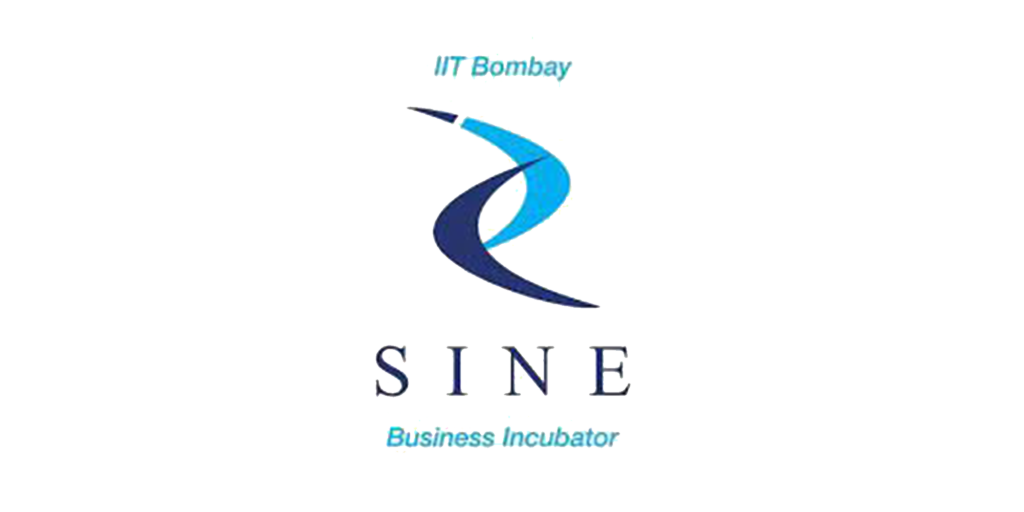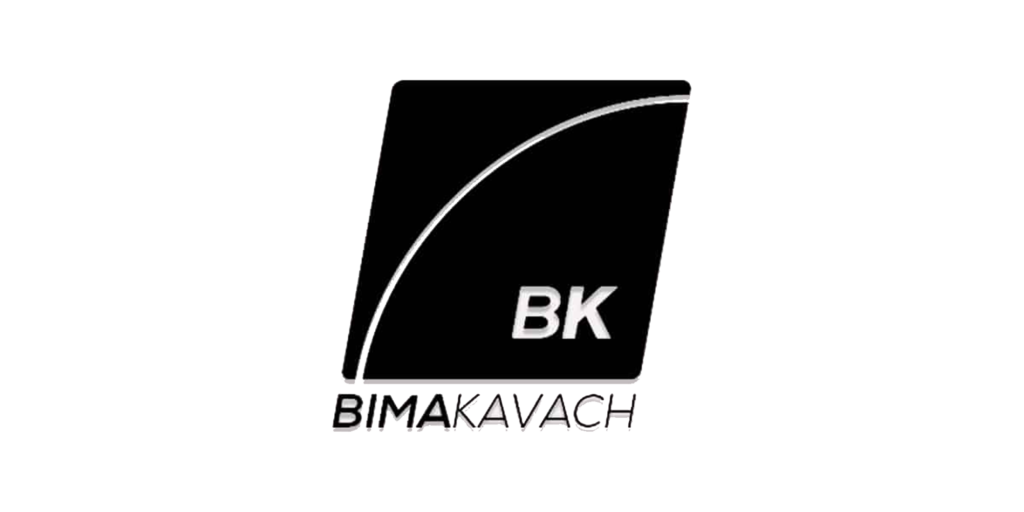Empowering Growth,
delivering Peace of mind
Join 1,000+ successful startups, investors and emerging businesses who trust us for reliable legal and finance advice.
What We Do?
We provide entrepreneurs and investors financial and legal support guided by a seasoned team of chartered accountants, lawyers, and company secretaries, with deep domain expertise in the startup ecosystem.
Our Mission
Our Services

Transaction Support
Includes advisory and documentation
for PE/VC, Venture Debt
and
M&A transactions
Know More

Corporate Commercial
Includes corporate advisory and drafting/ vetting of day-to-day contracts like employment, cofounders', MSSA
Know More

Disputes and IPR
End-to-end dispute resolution liasoning, trademark, patent & copyright registration, infringement & prosecution
Know More

Virtual CFO
End-to-end bookkeeping, accounting,
tax compliance, MIS, payroll and cash flow management
Know More

Tax and Regulatory
Includes AIF set up, tax advisory,
transfer pricing, restructuring equity, financial modelling
Know More

Secretarial Compliance
Incorporation of an entity, funding related and ongoing secretarial and FEMA compliance
Know More
Join 10,000+ subscribers
Stay up-to-date on the latest legal and financial insights with our regular newsletter.
Who we’ve worked with
We are sector agnostic and have worked with over 1,000+ clients from all sectors like Fintech, D2C, and Ed-tech to VC funds, family offices and accelerators.

































See More
The Treelife Advantage

Technology First Approach
We leverage tools and technology to provide efficient and effective solutions for our clients.

Deep Domain Expertise
Our team has extensive knowledge in the field of startups and investments, ensuring best solutions each time.

Interdisciplinary Synergy
Our team of different professionals collaborate to create synergy for our clients making us a one-stop shop.

Faster TAT
We prioritize efficient service to deliver results promptly, ensuring quick delivery consistently.
Meet the Core team
Our team brings together expertise from diverse & reputable backgrounds – chartered accountants, lawyers, and company secretaries – providing a one-stop solution to meet your varied needs.
























and 40+ experts who make it happen for you!
Excited to work with us?
Be a part of our growth story and explore opportunities to join our team.
Client Stories






Resource Corner
Your business made simple with our resources
India approves 100% FDI in Space Sector The Government of India (“GoI”), on March 04, 2024 has announced significant amendment in the Consolidation FDI Policy, 2020 (“FDI Policy”) pertaining to the space sector, which will be effective from the date…
Based on an article published in Economic Times (ET Article Link - https://lnkd.in/dVUdVza8), MNCs might be facing a retro tax demand of INR 11,000 Cr following a Supreme Court ruling on the interpretation of the MFN clause included in various…
Download Full PDF START READING NOW Report Highlights Here are some highlights of the Indian Interim Budget 2024:Focus on Infrastructure Development: The government has allocated significant funds for building highways, railways, airports, and other critical infrastructure projects to achieve the…
















